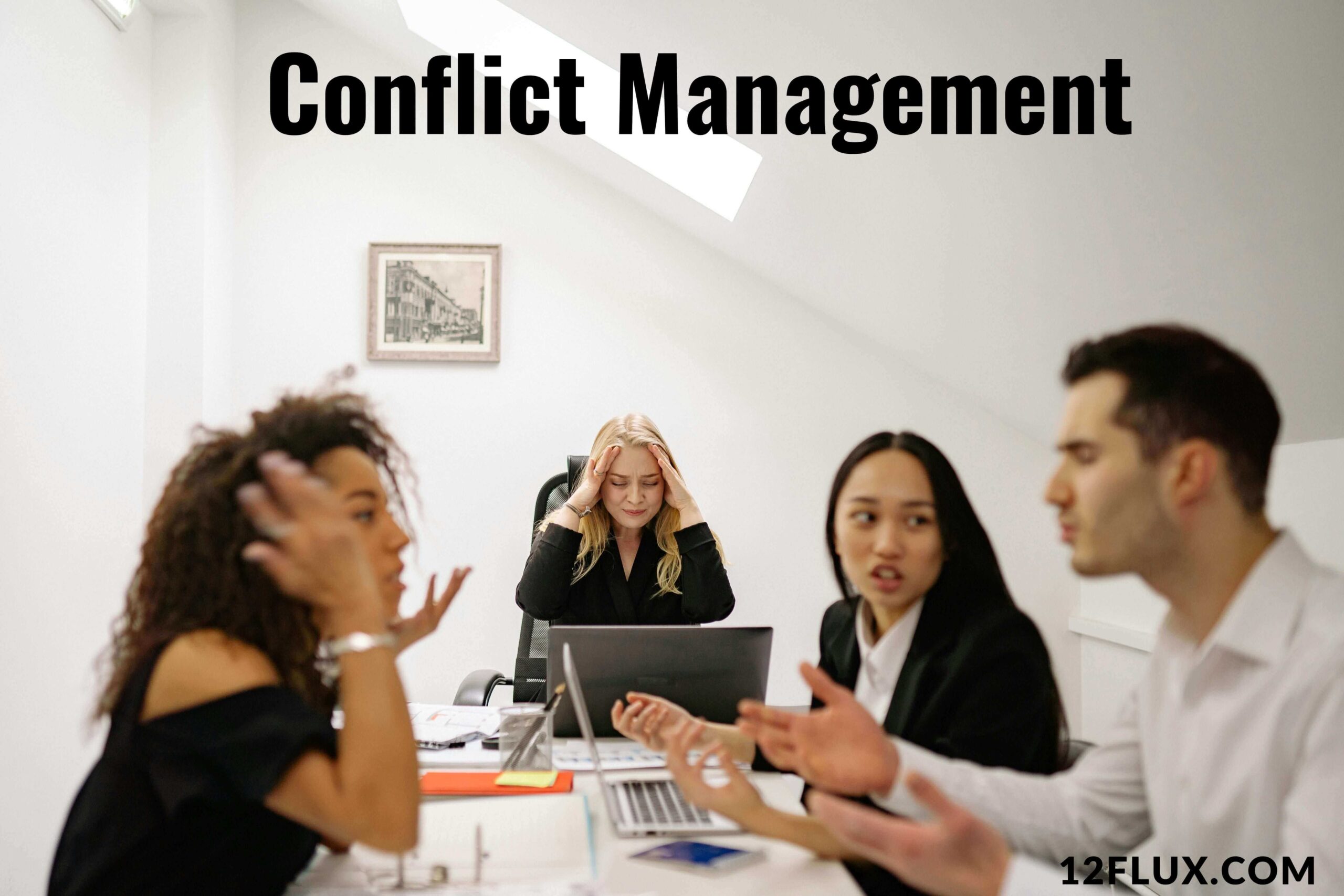Understanding Conflict: From Definition to Resolution
Conflict is an inevitable component of human interaction; it arises when two or more individuals have competing interests, values, or goals. It may happen in personal relationships, professional settings, and even wider social situations. To successfully manage conflict, we must first understand its nature and progression.
Types of Conflict
Conflict may take many forms, depending on the situation and the people involved. Here are a few typical types:
Intrapersonal Conflict
This type of conflict begins within the individual. It is the internal struggle between competing ideas, ideals, or emotions. Self-awareness and emotional intelligence are necessary for dealing with intrapersonal conflict. It’s like a tug-of-war within yourself—you need to find balance to prevent being pushed in various directions.
Interpersonal Conflict
People encounter interpersonal conflict, which is usually brought on by rivalry, misunderstanding, or personality conflicts. This kind of dispute requires attentive listening and effective communication. Imagine two individuals attempting to talk over each other. Until they both listen and understand each other, nothing gets resolved.
Intragroup Conflict
Intragroup conflict happens within a group or team and is typically triggered by opposing viewpoints or competition for resources. To handle this type of dispute, distinct responsibilities, roles, and communication are necessary. It’s like a sports team: if everyone does their part and communicates effectively, the team will succeed.
Intergroup Conflict
Intergroup conflict refers to disagreements between various groups or teams. It might be the outcome of rivalry, conflicting goals, or cultural differences. Bridging communication barriers and encouraging collaboration are critical for resolving intergroup conflict. Consider it warring gangs coming together to work for the greater good.
Interorganizational Conflict
This sort of conflict develops between separate organizations, typically as an outcome of rivalry, conflicting business interests, or partnership issues. Negotiation and mediation are effective ways to resolve inter-organizational issues. Consider two firms fighting for the same market share; finding a way to coexist might result in mutual success.
Are you interested in AI-generated website learning? Check this Out
Frequently Asked Questions (FAQs)
1. How can I tell if conflict is functional or dysfunctional?
Functional conflict produces good results, such as enhanced cooperation and problem-solving. Dysfunctional disagreement, on the other side, causes stress, low productivity, and strained relationships.
2. What are some common causes of interpersonal conflict?
Personality conflicts, misunderstanding, and resource competitiveness can all contribute to interpersonal conflict. Effective communication and active listening are critical for resolving these issues.
3. How can I manage intrapersonal conflict?
Managing intrapersonal conflict requires self-reflection, emotional intelligence, and mindfulness. It involves understanding your own beliefs and emotions and finding ways to reconcile them.
4. What are some effective conflict management techniques?
Effective conflict management techniques include negotiation, mediation, and collaborative problem-solving. Communication and empathy play a crucial role in resolving conflicts.
5. Can conflict be eliminated?
Conflict is unlikely to be eliminated, but it can be properly handled. You may reduce the harmful impact of disagreements by creating a pleasant environment, promoting open communication, and resolving them early on.
Read More: Sell Products on Amazon Without Inventory for Maximum Success
